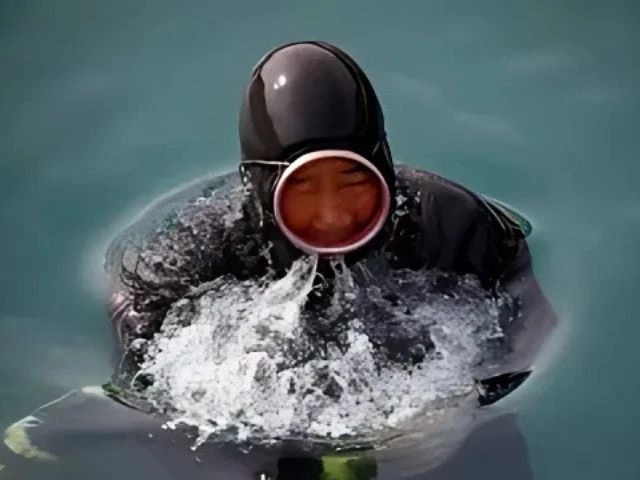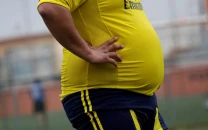Haenyeo divers reveal DNA secrets of endurance and low blood pressure: study
A unique way of life may open doors for medicine beyond cultural preservation.

A study published in Cell Reports has revealed that the women of Jeju Island, South Korea, known as Haenyeo, may hold key genetic insights that could lead to breakthroughs in human biology, particularly in the treatment of blood pressure disorders. The Haenyeo, who dive deep into the cold sea without oxygen tanks, have long defied human endurance limits in their centuries-old tradition of harvesting seafood.
The research, led by geneticist Melissa Ilardo from the University of Utah, focused on the genetic adaptations of the Haenyeo divers compared to local non-diving women and women from mainland Korea. The study found that Haenyeo women are more than four times as likely to carry a genetic variant associated with lower blood pressure spikes, a trait that may have evolved to protect women during pregnancy.
“They dive throughout winter, sometimes in snow, and until the 1980s they did this in cotton clothes with no protection,” said Ilardo. This adaptation, the study suggests, may help them endure the cold and physiological stress of free diving at great depths.
The research also revealed that Haenyeo divers exhibit more efficient oxygen conservation, with heart rates dropping significantly during cold-water tests. This response was more pronounced than in non-diving women, highlighting the Haenyeo’s ability to handle extreme conditions.
Ilardo’s team had previously found similar adaptations in the Bajau divers of Indonesia, who evolved large spleens to support underwater endurance. While the Haenyeo divers also showed signs of enlarged spleens, the size difference was not statistically significant when other factors were accounted for.
Ben Trumble, an evolutionary scientist at Arizona State University, commented on the potential medical implications of the findings. "That gene reduced blood pressure by over 10% — that’s remarkable," he said, suggesting it could be a promising target for drug development.
Despite the scientific breakthroughs, the Haenyeo culture, once integral to life on Jeju Island, is in decline. The average age of a Haenyeo diver is now around 70, and fewer young women are taking up the practice. There are concerns that this could be the last generation of Haenyeo divers.
Nevertheless, the study’s findings underscore the unique biological traits of these women, whose centuries-old practice could offer a wealth of knowledge. As Ilardo stated, “What they do is unique and worth celebrating.”
























COMMENTS
Comments are moderated and generally will be posted if they are on-topic and not abusive.
For more information, please see our Comments FAQ